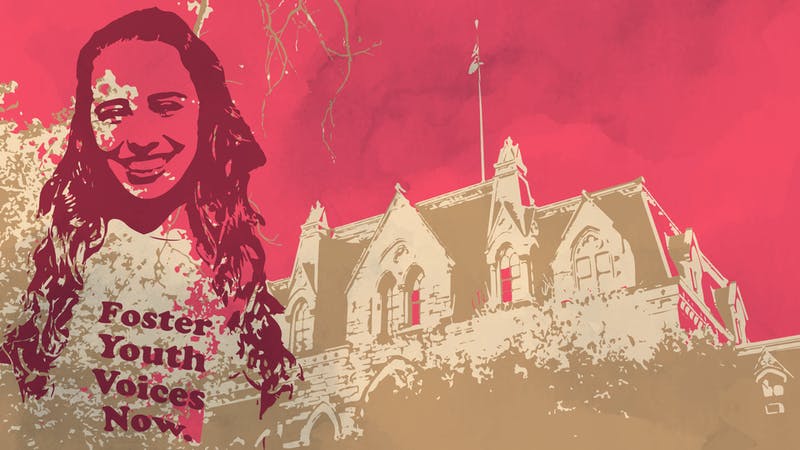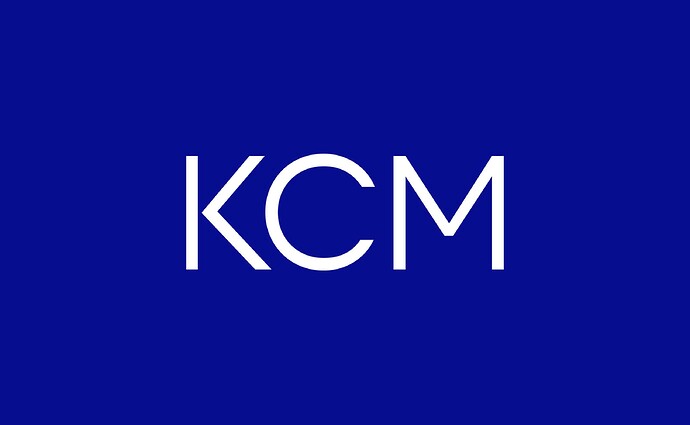Deleted.
University Representatives | The Rhodes Scholarships
University Representatives
Deleted.
Having been through the Rhodes process with my DD, and being familiar with internal investigations, I will disagree with you. There was nothing improper about in-house counsel conducting the investigation. And there was nothing improper about Penn’s Rhodes nomination process. I doubt there’s a single school that handles it the way you say it should have. You also seem to be discounting Rhodes’ independent investigation. Again, no one is going to change any one’s mind here. I don’t see her prosecution of her claims in the court of public opinion working out for her.
This isnt how the Rhodes ( or Marshall, Or Fulbright, etc) process works anywhere; you misunderstand both the process and the school’s role in it. The Penn general counsel did what was necessary and proper. I am sure you could volunteer on her defense team or make a financial contribution to it if you wish.
You might also wish to consider carefully your allegations against licensed professionals, which might be misconstrued as libelous.
Agree completely. In fact the responsibility with Rhodes is even more on the student since the personal statement must be entirely their own work, with no assistance from faculty (unlike Marshall and other scholarships where review comments may be provided). The following advice to candidates is given in bold type:
“Your CV should be wholly accurate and a fair representation of your achievements. You should anticipate that details will be checked for embellishments and inaccuracies. Material misrepresentation will result in disqualification of an application and, where appropriate, the rescinding of a scholarship. Examples of misrepresentation include exaggeration of roles/accomplishments/participation/biography; embellished publication lists; inflation of GPA/grades.
Your personal statement should be wholly accurate and a fair representation of your story, written in your own words from your own perspective. Material misrepresentation will result in disqualification of an application and, where appropriate, the rescinding of a scholarship. It should be entirely your own work, with no assistance received. Through the online application form you will be asked to confirm that the entered / uploaded personal statement is accurate, is your own work and that no external help was given in its creation or editing.”
https://www.rhodeshouse.ox.ac.uk/media/46372/information-for-candidates-usa.pdf
Deleted.
Having the personal statement be entirely an applicant’s own work doesn’t preclude “guiding and mentoring”, which is what I suggested. In fact, having institutional representatives to guide student’s through the application process is encouraged by the Rhodes Trust:
I’m just trying to get accurate information out.
University Representatives
When reading again about this young woman’s story (which I find incredibly sad) I couldn’t help but think about an OpEd in the New York Times that I read a while back regarding the theme of suffering and trauma in college essays written by a high school senior. I looked it up and reread it. Here it is for anyone that might be interested.

Yes, I’m a student from the “hood.” But we have more to offer than our adversity.
Guiding and mentoring is certainly a big thing at many colleges. D’s former roommate won a Rhodes this year and was picked out at the start of sophomore year for mentorship and offered multiple prestigious internships and campus positions to make her the perfect candidate two years later. Not all colleges do that, but those that do tend to have more successful candidates. Penn appears to have provided at least some of that for MF during her undergraduate years, and she had designated faculty mentors before (and after) the application.
That’s not the same as fact checking the application itself let alone the personal statement and the link you provided requires that “the written text of the personal statement be un-reviewed and unedited by institutional representatives, advisors, professors, or anyone else”.
I didnt provide any link.
Thank you for posting this. My son felt the same as this young man. He didn’t want to write about struggles, trauma or overcoming hardship, so he wrote his essay about lighthearted subjects.
Thanks. That’s a very moving story.
From “The Daily Pennsylvanian”:

Columnists Allison Santa-Cruz and Liala Sofi press for Penn administrators to properly address their involvement in the case of former Penn student Mackenzie Fierceton.
The question from that article: "Or, do they solely care about using students, especially FGLI students, to aggrandize the University’s prestige? "
Bingo.
Interview with Katie Couric:

Plus, they explain to Katie how we can reimagine America’s financial landscape.
Yes, she feels she was candid enough, just as Penn and the Rhodes Committee for Oxford feel they were conned. It will be interesting to see how she fares in employment.
I’m not going to talk about Mackenzie any more - because doing so just seems to generate arguments - other than to say how it relates to me.
I became captivated by this story because I was a child of physical abuse. Like Mackenzie, my abusers were pillars of the community, above reproach. So I have related very strongly to her story. In contrast, I don’t think that people who have not been victims of child abuse can really understand her behaviour or what she has been going through over the years.
While comments I’ve read on line have judged this story in terms of black and white, right and wrong, I’ve looked at it differently. I look at her with awe. She got out! She did what she had to do to survive and to find a way to flourish. I wasn’t able to do that. I wish I had. I don’t think that people who have not been through this can appreciate all that it takes for a teenager to be able to do this.
The theory has been advanced that Mackenzie is a con artist, a sociopath, who coldly and calculatingly planned a scheme at least since she was a 16-year-old high school sophomore to exploit the system to her advantage and achieve admission to an Ivy League university. From my perspective, still carrying the pain that I have carried with me all my life, I find that theory to be laughable. That’s just not how the world works as I know it.
I have seen posters on line criticize her decision to go into social work, saying that she’s the last person they’d want to be working with troubled families and children. My reaction was opposite to that. She’s exactly the kind of person I’d want working with troubled children and families. In my life, I never wanted to forget what it was like to be a kid with the kind of childhood I had. Like Mackenzie, I went into a helping profession so that I could help kids who were going through the same kinds of things that I had, who were feeling the same pain that I had. So her decision makes complete sense to me.
What’s the alternative for victims of abuse? To identify with their aggressors. It’s a standard psychological defense mechanism. The result is the common pattern for childhood victims to become adult abusers. Mackenzie could have become Michael Jackson, who was pretty obviously a classic case of a childhood abuse victim who later became an abuser himself.
We don’t speak about child abuse openly in our society. Victims feel ashamed and blame themselves. We victims don’t want to talk about it because we irrationally condemn ourselves before anyone else does. We irrationally identify ourselves as the ones who did something wrong, and don’t think of ourselves as victims. So my purpose in posting this is to try to shift the focus of this story from viewing it through a legal lens to seeing it as an opportunity to better understand the experience of child abuse and how abuse victims are treated in our society.
This is my story, for what it’s worth.
My sincerest sympathy to you and any other victims of child abuse. A horrific crime with lifelong consequences. In the interest of honoring those who have experienced such circumstances, I think we can agree that victims who choose to speak out about their adversity should aim for as much accuracy as possible, as would be true for any adverse circumstance.
I think that the case is taking a new turn. I doubt that this was part of Penn’s original strategy. They appear to be cutting their losses.

Fierceton told the DP she believes the decision was a result of nationwide media coverage and activism by Penn students, faculty members, and other advocates.
Perhaps this will make the entire matter disappear, as it should. She gets the degree but no Rhodes, funds her own grad school, and Penn forgoes reimbursement from her for the funds they gave her. End of story
Yes, she’s been at Oxford this year on her own dime. (A Penn prof is paying her tuition.) Her scholarship to Penn has never been contested nor threatened retroactively. The only financial penalty which they ever sought was a $4000 fine, which they later withdrew because it’s imposition was in violation of their own charter.
I’m sure that Penn agrees with you that this story should go away. However, I don’t expect that to happen. On the Katie Couric interview, Ms. Fierceton sounds like a woman on a mission. She’s out to make a point, so settling doesn’t sound like it’s in the works. And of course the wrongful death lawsuit in the case of the grad student who died in the basement of a Penn academic building, in which Mackenzie is a participant, is still pending.